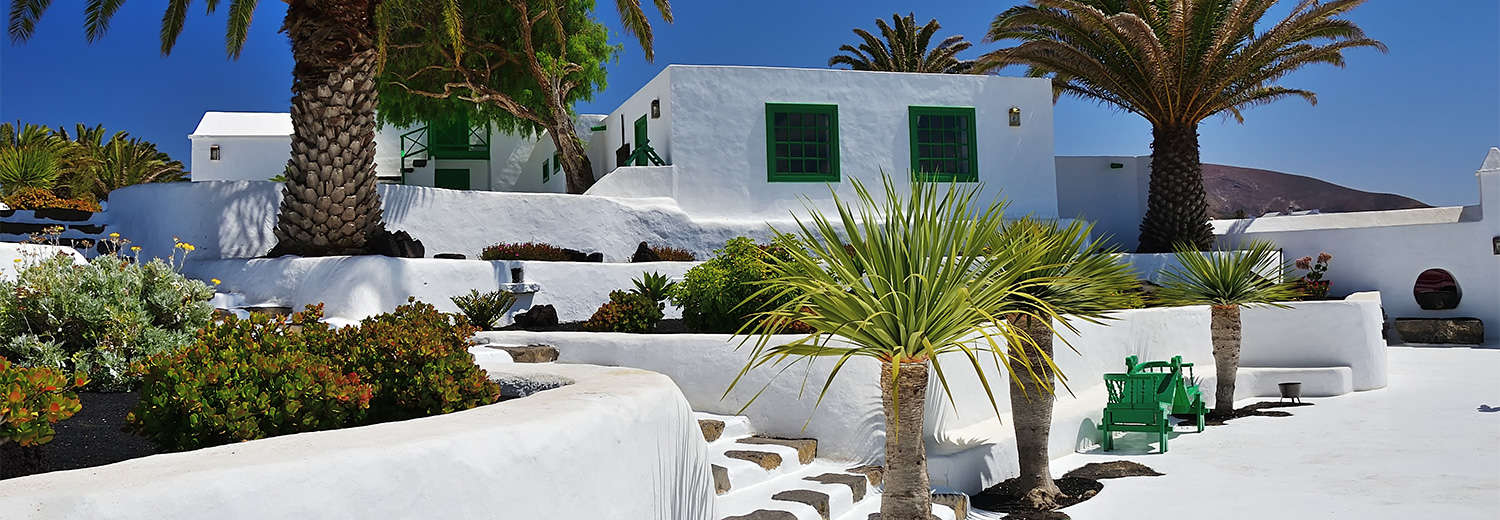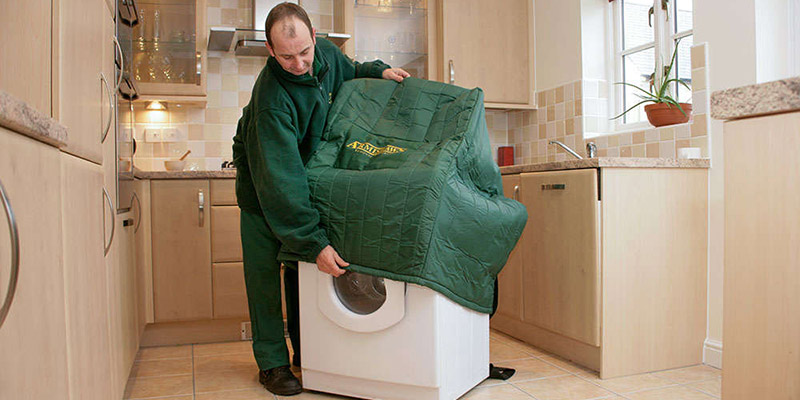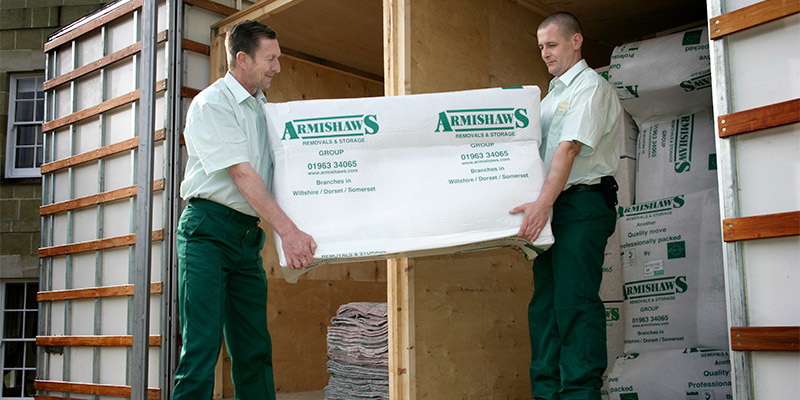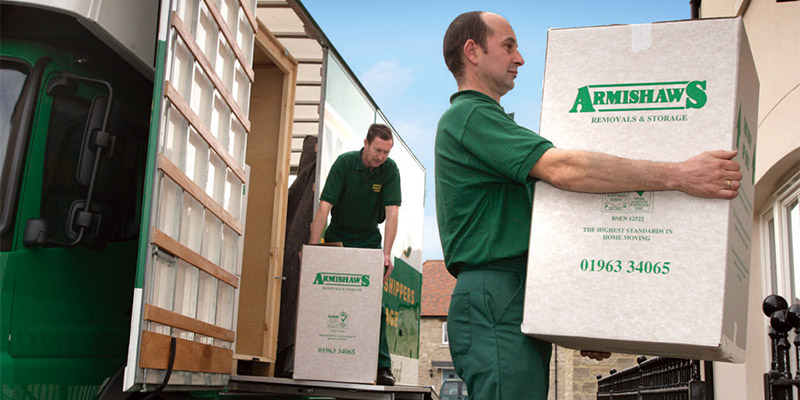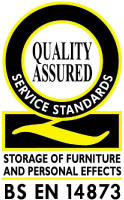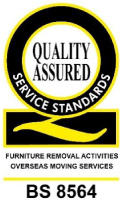GET A QUICK, FREE QUOTE
Rated 'Excellent'
on Trustpilot
ECMT International
Removals Permit
British Association
of Removers
Eco Friendly
Removals
Moving To Spain Made Easy
Forms & Declarations
The biggest headache for anyone moving overseas is dealing with customs. Your dedicated Removal Coordinator will guide you through the process from start to finish.
Including…
- Customs Declarations
- NIE (Número de Identidad de Extranjero)
- Vehicle Import Documents
- Detailed Inventory
Let our experienced team take the worry from your big move.
Our Service Includes…
Worry-free moves, to and from Spain.
Call Us On +44 196 334 065
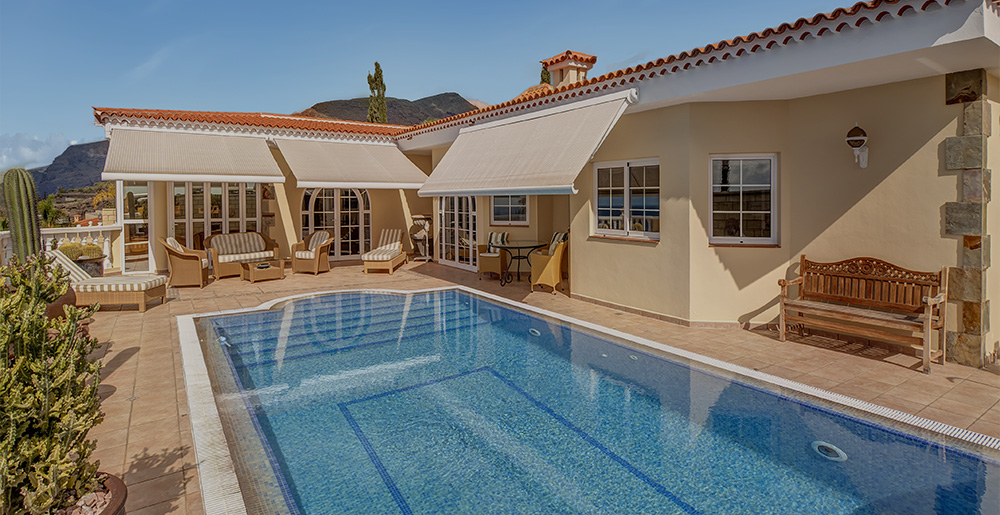
How To Choose The Right Company For Your Move
Finding the right removals company when moving to Spain or returning to the UK really can make all the difference. After all, they’ll be responsible for taking all your possessions, packing them away and then delivering them to you in a completely different country. Choosing the right company can take away all the worries and stress often associated with moving home.
Simple Tips
- Do your research, make sure any accreditations and certificates are valid.
- Check reviews on independent review sites like Trustpilot.
- Not all companies have international permits.
- Ensure they have experience of overseas moves.
- Check if mileage, visas, overnight accommodation for crews, etc are included.
Optional Services
Packing Services
Complete packing services from single items to entire contents.
Storage
Short and long term secured storage, we’ll deliver your items.
Packing Boxes
Environmentally friendly packing materials, brought to your door.
5 Weird Spain Facts
- Well Oiled
Nearly half the world’s olive oil is produced in Spain. Over 1,500,000 tons of oil are pressed every year. That’s nearly as much as Jamie Oliver drizzles in a single episode! - They Invented Chocolate
It was the early Spanish explorers that brought cocoa back from the New World. But it wasn’t until Spanish noblemen started to mix it with sugar to sweeten it that chocolate really took off. So yes, if you are a mild (or obsessive) chocoholic then you have the Spanish to blame/thank. - Benidorm Unbanned The Bikini
Traditional and strictly Catholic, Spain had outlawed the bikinis. In the 1950s the Mayor of Benidorm caused uproar when he changed local laws to allow itsy-bity-teeny-weeny bikini-clad babes to visit the beaches, which of course helped attract men and women from northern Europe keen to see/wear less. This one cheeky change paved the way for Spain to becoming the huge destination it is today. - There’s No Tooth Fairy
When kids lose their teeth in Spain they don’t get visited by a tiny, Tinkerbell like floating spirit. Instead, it’s Ratoncito Pérez, a friendly mouse that sneaks under pillows of sleeping children to retrieve their teeth. - Speaking Da Lingo
15 countries have Spanish as their official language. Spanish is the most commonly used language in South American countries (Brazilians speak Portuguese) and there are over 500,000,000 Spanish speakers around the world making it the second most common language after Mandarin (China). - Wide Open Spaces
The second largest country in the European Union, Spain is actually the most sparsely populated with huge mountain ranges, deserts and vast areas left mostly uninhabited. But the areas that have been settled on are particularly spectacular and that’s official. Spain has the third highest number of UNESCO World Heritage Sites (48 in total), behind only Italy and China with 55 apiece.
Find Your Location
I’m moving to…
Can’t see your location? That’s no problem, give our friendly team a call and we’ll be happy to help.
Call us on +441963 34065
Moving to Spain – More Useful Information
Starting School
British families who are moving to Spain with school-age or pre-school children should register at their town hall, who will advise about schools. Compulsory schooling starts at the age of 3. Your child either enters the state education system, or is enrolled at a charter school which is a private school run by a religious organisation but funded by the state, or a fee-paying private school. Spanish families place high priority on giving their children a good education; consequently places at private schools are filled well in advance, and there are waiting lists. Parents should contact the school direct to find out what their procedures are. State schools take children from their catchment area. In rural areas there will often be only one school that serves your village, but in cities there may be several possible schools. Where that is the case parents can specify which school they would prefer, but all applications are submitted to the education department and decisions are made on a points system. For instance, a family living in the same neighbourhood as their preferred school with children already at that school scores more points than a family in an adjacent neighbourhood with no child attending the school. Once all decisions have been made, the administration will write to all the families to inform them which school their child will attend. Families who move to Spain during the school year should seek advice from the town hall. Application forms for the state system can be obtained from the education department. You also need a medical statement from your doctor; your child’s vaccinations must be up to date, and you should be able to provide evidence of vaccinations in the UK.
Secondary Education
At 12, children begin the secondary phase of education. At 14 they can choose which subjects to take and which to drop. Upon successfully completion of four years of secondary education they are awarded their ESO (certificate of secondary education, Educación Secundaria Obligatoria). This may take more than four years since failure to make satisfactory progress can mean repeating the year. Teenagers who have their ESO can move on either to higher secondary education and aim for their bachillerato or baccalaureat, or begin vocational training.
Youth Culture
Of course underage drinking and substance abuse exists in Spain to some extent. The legal age to drink in bars is 18. It should be noted that personal consumption of marijuana is legal in Spain and growing the plant for your own consumption is perfectly acceptable, but dealing or public consumption is illegal. The Spanish government is proactive in monitoring and combating these issues, and it also funds a network of youth organisations to try to provide constructive activities for teenagers.
Driving in Spain
Visitors to Spain can drive a non-Spanish registered car for a period of up to six months in the year. However, as soon as you move to Spain with the intention of living there permanently, this is no longer legal; EU legislation requires all EU citizens to have their vehicles registered in their country of residence. The choice therefore is between importing your UK car and registering it in Spain, or buying a car in Spain.
Importing Your Car
Importing a UK car to Spain, if you do it yourself, can be a lengthy process requiring patience and persistence. Documents required include: NIE certificate, application to import a vehicle, copy of personal ID such as passport, proof of address, receipt for local car tax, receipt for registration tax, UK registration document, proof that VAT has been paid, vehicle certificate of conformity, and ITV (MoT) test certificate. Many people employ a gestor – a person whose role is to assist individuals with administrative matters – to deal with it on their behalf.
Buying a Spanish Car
When you buy a new car, garages will deal with all the paperwork. If you buy used, the documents needed to register it in your name are the registration certificate (permiso de circulación), the ITV certificate with the test report, the receipt for the road tax and receipt for the transfer tax. It is a relatively simple process but, again, a gestor will be happy to deal with it.
Rules For Road Users
Road tax must be paid annually. Each region sets its own road tax fee and the date when it is due. Individual reminders are not normally issued, but public announcements are made in the newspaper, on municipal noticeboards and sometimes on local radio. Failing to pay, or paying late, incurs a fine. Drivers must always have with them their driving licence, ID, vehicle registration certificate, ITV certificate and receipt for road tax. They must also have a reflective vest and two warning triangles in the car. Drivers can be prosecuted for holding a phone or for using any kind of headset, whether to make a phone call or to listen to music. Only a totally hands-free kit can be used. The penalty points system for traffic offences works on a deduction basis; you start with twelve points and lose points according to the severity of the offence. However, a nice twist is that drivers with an impeccable driving record can accumulate up to 3 bonus points. It is highly advisable to become familiar with the contents of the Spanish highway code (código de la circulación) as traffic offences are penalised harshly, with instant driving bans and imprisonment being more frequent than in the UK.
NIE Number
This is a unique identity number issued by the Spanish government to people from other countries who move to Spain or have financial dealings there. Your NIE (Número de Identificación de Extranjero) identifies you as an individual, and is the equivalent of a Spaniard’s NIF (Número de Identificación Fiscal). In the eyes of Spanish officialdom, if you don’t have a number you don’t exist. There are various ways to obtain an NIE, but if you can get by in Spanish the simplest way is to apply in person at the overseas department of a police station. You will be asked for your NIE certificate each time you arrange a significant financial transaction such as opening a bank account, buying a car, setting up utilities accounts, etc.
Bank Accounts
It is well worth asking around and doing your own research into bank tariffs before opening an account, as Spain has a multitude of banks to choose from. Some, like Santander, have a nationwide presence whilst others are regional. Banking is never free in Spain and charges for the various facilities can vary considerably between banks. If you don’t plan to travel a lot and can speak Spanish, a regional bank may be most convenient. But if you will want to withdraw money from cash machines all over Spain and abroad, or if you prefer a bank that has an English language helpline, a larger establishment would probably suit you better.
Utilities Electricity
Since 2009 the electricity supply marketplace has been open to competition, but Iberdrola and Endesa are still the main suppliers over much of Spain. Electricity tariffs for some sectors are regulated by the government. Power cuts are common so a surge protector is essential. In some rural areas private generators are used as there is no mains supply. Electricity providers offer supplies at different power ratings (potencia). The supply you need depends on the number of electrical appliances you run. Electricity is charged at the same rate but the standing charge for a 3kW supply, for instance, is lower than for a 13kW supply. However, if your supply is not adequate for your needs, it will become overloaded and trip constantly.
Gas
Mains gas is only available in the big cities, but bottled gas is an economical alternative to electricity for cooking, and is widely used and easily available.
Telecoms
Telefonica is the national telecommunications company, and unfortunately does not have a good reputation for customer service. However, although there is no alternative to renting your line from Telefonica, a number of companies offer cheap calls packages. In some areas satellite may be the best – or only – option for ADSL.
Fiestas in Spain
Many aspects of the Spanish lifestyle are extremely easy to get used to: the sunshine, the wine and the sangria, the paella, the tortilla and the tapas, and the uplifting rhythms of the bossa nova and the flamenco as the sun goes down and nightlife begins.
Local Fiestas
Some fiestas are location-specific, based on a local legend or a real historical event. A good example of this is San Sebastian, in the Basque country, which holds a festival each January to celebrate their liberation from French rule by Lord Wellington in 1812. If you decide to make Spain your home, you will have plenty of opportunities to explore the regions, find out more about their local traditions customs and history and also discover the landscape and even language which make them unique
Frivolous Fiestas
Some famous Spanish frivolities border on the surreal. There’s a tomato fight, La Tomatina, in Buñol (Valencia) every August, where crowds 10,000 strong gather with the sole purpose of throwing tomatoes at each other. On Ash Wednesday, the beginning of Lent, several places including Madrid stage a colourful fancy-dress event whose centrepiece is a sardine’s funeral.
Summer Celebrations
Spectacular fireworks are a popular feature at fiestas, and probably the most spectacular of all are the ones that light up the skies at the Summer Solstice, when bonfires are lit to celebrate the longest day. This tradition is especially strong in the south of Spain.
Food and Drink Festivals
Seville, the tapas capital of the world, holds its annual tapas festival in February. September is the time when the wine-growing regions celebrate their local specialities. In Catalunya there is Cava week, where you can try Catalan’s answer to Champagne. The Fiestas de Otoño at Jerez de la Frontera, celebrating sherry, horses and flamenco, carry on for three weeks. And in La Rioja, the heartland of Spanish wine, Logroño hosts the Fiesta de San Mateo.
Music Festivals
Among the biggest and best known are Cordoba Guitar Festival, the San Sebastian Jazz Festival, the International Festival of Music and Dance at Granada and the Jerez Flamenco Festival.
Religious Festivals
Many of today’s colourful fiestas have their origins in religion. In a lot of towns, the first festival of the year is on January 5th when the theme of the celebrations is the arrival of the Three Kings; this is a family event with street processions and gifts for the children. Then in April, a traditional way for towns to celebrate Holy Week is with a parade of floats, each depicting a story from the Bible. Seville, Cordoba, Granada and Malaga are particularly noted for their Holy Week celebrations. Alicante stages a representation of the struggles between the Moors and the Christians (Moros y Cristianos).
Healthcare
The Spanish healthcare system works well, and it is often even possible to find English speaking medical staff. However, before moving to Spain you need to be sure that the costs of future medical treatment will be covered. Spanish healthcare is not free, but individuals who are covered by the State system pay only a small contribution towards the cost, depending on their personal circumstances. UK residents who visit Spain as tourists can obtain medical treatment via their UK European Health Insurance Card (EHIC), but once you cease being a UK resident, your EHIC is no longer valid.
Contact The UK Authorities Before Leaving
If you are in receipt of a UK retirement pension, the British government will continue to fund your healthcare when you live in Spain. Before you move, you should obtain a form S1 from the UK Department of Works & Pensions Overseas Healthcare Team (0191 218 1999). In Spain, you take this form to the local social security office who will issue a certificate. You present this certificate at your local health centre, who will arrange for you to be issued with a TSI (Tarjeta Sanitaria Individual). This is your Spanish health card, which you will need each time you collect prescriptions or visit the doctor. If you are going to continue working in the UK whilst living in Spain, you should contact your tax office, who will give you advice based on your individual circumstances. If you are planning early retirement, you should contact the National Insurance Contributions Agency to check how long the UK government will continue to fund your healthcare if you move abroad. Typically, cover under an S1 may last for around two years, but this will depend on individual circumstances.
Private Health Insurance
If your S1 expires and you do not qualify to join the Spanish system, you will need to take out full private health insurance. Health insurance providers also offer a range of supplementary policies that will, for instance, refund healthcare costs not covered by the State.
Working In Spain
If you are employed or run a business in Spain, you will pay into the Spanish national healthcare system and earn the right to treatment and benefits on the same basis as a Spanish national. Salaries, working hours, holidays and workers’ entitlements in Spain are regulated by the Government to a far greater extent than in the UK. There are different types of employment contract, from verbal agreements and temporary contracts that provide minimal job security, to indefinite contracts for those lucky enough to obtain them. Employment vacancies are advertised in the press, online and through employment agencies, but many jobs are found through networking. EU citizens are entitled to set up a business in Spain; the simplest way to do this is through a gestor, as the system is fairly complex. Finally, whether you plan to work for yourself or for someone else, good language skills will be a great asset.
Moving To Spain
Anybody who loves the sun and the relaxed Mediterranean lifestyle will probably sigh with envy when they hear about people who have left the UK and gone to live in Spain. Certainly, a move to Spain can be the start of a wonderful adventure – but it’s essential to do your research first. Once you are confident that your finances and your personal circumstances will be suited to a life in Spain, the first big decision is whereabouts to settle. You may already have a Spanish holiday home, but a location that is perfect for a holiday is sometimes less than perfect as a base for everyday life.
On The Coast
Coastal towns on the Costa Blanca and Costa del Sol are lively and vibrant day and night in the summer. This can be great for a month or so, but you may not wish to live in a tourist hub from the start of the holiday season to the end. Then, out of season many places hibernate to a greater or lesser extent; bars and restaurants close, there are fewer English speakers around, and a villa or apartment that was designed to be used as a summer residence may not be equipped with the most energy-efficient of heating systems for the cold nights.
…Or Inland
For those looking to embrace a traditional Spanish lifestyle, inland Spain has plenty of attractive villages where life is not seasonal, property prices are lower, and you will be able to join in local community life. However, if you want to work in Spain, you may gravitate to a medium-sized town. Contrary to popular belief, it is often less easy for newcomers to find employment in places like Barcelona, Madrid and Valencia simply because there is so much more competition; Spain’s major cities are very attractive places to live, and already have an established cosmopolitan workforce ready to snap up the good jobs as soon as they become vacant.
Regional Differences
A common pattern is for people to move from the UK initially to their Spanish holiday home, and to relocate to a different part of Spain a few years later after exploring the country in greater depth. There is probably a richer variation in regional cultures in Spain than in any other European country. Each region has its own history and its own traditions, and regions such as Galicia, the Basque country and Catalunya still retain their own languages alongside Spanish. Certain parts of Spain have a high concentration of English-speaking residents, but being able to speak Spanish – and a few words of the local dialect – is the surest way of coming to appreciate the character of your chosen region, and leading an independent and fulfilling life there.
Barcelona
Seville
Valencia

Madrid
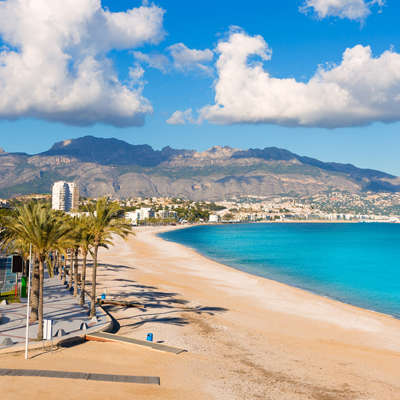
Costa Blanca
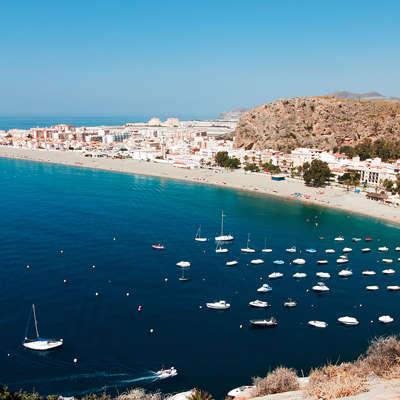
Costa Del Almeria
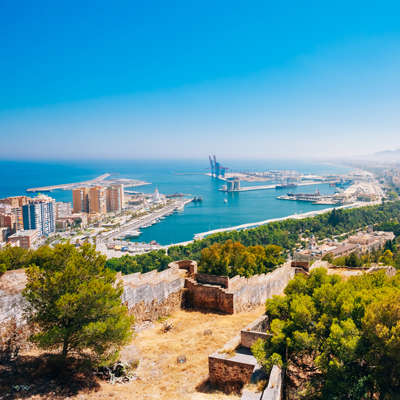
Costa Del Sol


